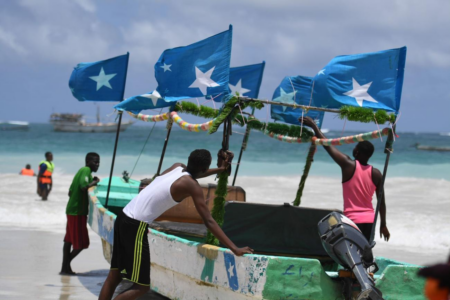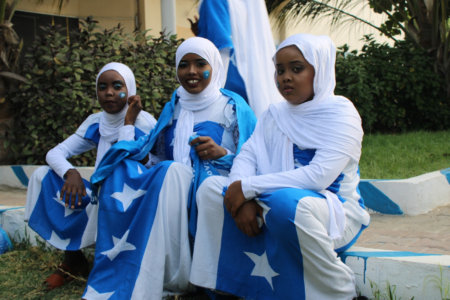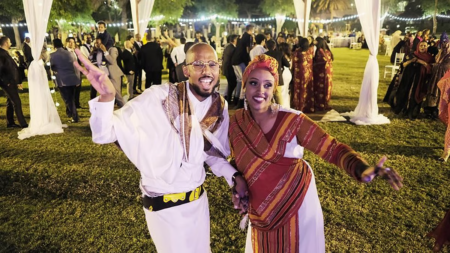The Day of Arafah is one of the holiest days in Islam, it will come on 05 – June this year.
While pilgrims stand on the plains of Mount Arafat, Muslims around the world fast and pray, seeking forgiveness and spiritual closeness to Allah.
The Day of Arafah in Somalia holds a special place in the hearts of the people, who honor it through fasting, prayer, and unique cultural and religious traditions.
In this article, we explore how the people spend Day of Arafah in Somalia and the most prominent religious and social practices that make this day special in Somali culture.

Fasting on the Day of Arafah in Somalia: A Strong Sunnah
Like Muslims everywhere, most Somalis are keen to fast on the Day of Arafah.
Following the Sunnah of the Prophet Muhammad ﷺ.
The day is known to erase the sins of the previous and the coming year.
Preparations for fasting usually begin the day before, with families preparing light meals for breaking the fast, such as:
- Traditional soups (with meat or chicken)
- Local bread like injera or kisra
- Dates, water, and milk
Mosques Filled with Worshippers and Seekers of Forgiveness
On the Day of Arafah, mosques across Somalia open their doors at dawn, hosting sessions of Qur’an recitation and remembrance (dhikr).
After the Fajr prayer, gatherings are held to read special supplications, including:
- Surah Al-Kahf
- The famous dua: “There is no god but Allah alone, without partner. To Him belongs the kingdom and praise, and He has power over all things.”
- Prayers for family, the Muslim Ummah, the sick, and the needy
Day of Arafah in Somalia: Family Gatherings and Group Supplications
Although the Day of Arafah is not a public holiday in Somalia, many families prefer to gather at home, especially after Asr, for group supplication and remembrance.
Elder women—mothers and grandmothers—are often seen passionately praying for their children and grandchildren.
In some rural communities, small public gatherings are held in mosques or open spaces after Asr, where communal prayers are recited aloud in a heartfelt, collective atmosphere.

Preparing for Eid al-Adha
The Day of Arafah in Somalia is a time when Somalis begin preparing for Eid al-Adha, which follows the next day.
Preparations include:
- Cleaning and perfuming homes
- Buying Eid supplies and groceries
- Preparing new clothes for children
- Arranging for sacrificial animals
In some villages, local markets open on the evening of Arafah, selling meat, vegetables, spices, and festive clothing.
Day of Arafah in Somalia: Media and Religious Programming
Somali TV and radio stations dedicate special programs on the Day of Arafah, such as:
- Live broadcasts from Mount Arafat
- Religious lessons about the significance of the day
- Interviews with Somali scholars and preachers
- Broadcasting of Islamic chants and supplications
These programs play a key role in raising awareness and encouraging the public to engage in worship and prayer.
Arafah in Somalia – A Day of Faith and Unity
The Somali people observe the Day of Arafah with deep faith and devotion, honoring religious obligations and preserving traditional values.
It is a day that blends individual worship with collective spiritual connection, embodying love for Allah and compassion among people.








